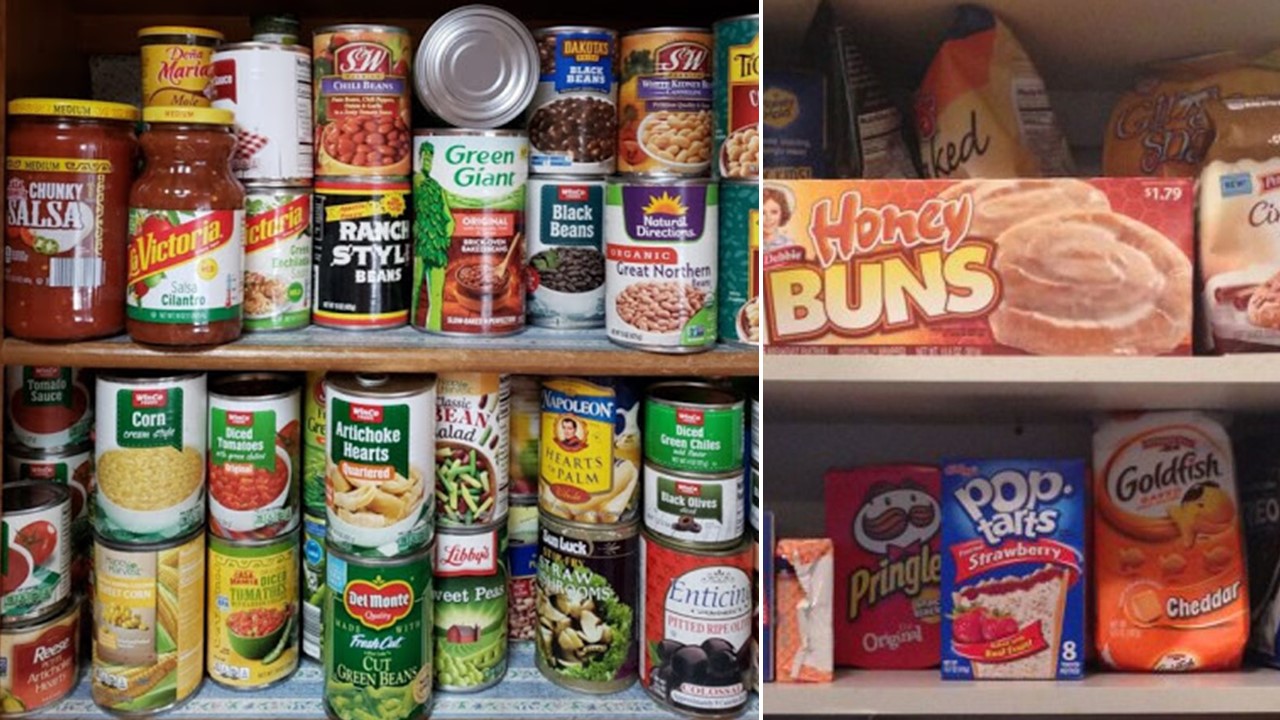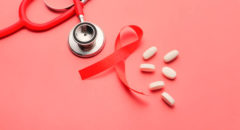
Most of us have heard the old African Proverb, generally attributed to families raising their young children, "It takes a village to raise a child." We've said it as a random cliche, held others accountable by it, and honestly, in some cases, used it as an anthem to invite others into our trusted circle to help build strong communities of support. Now, what happens to that village once the child ages? Over time, some villagers grow together, and other times, they grow apart. It's important to know that the community is always there, even when people cycle out. We should also note that, because people are in our lives for different seasons, it's natural for people to come in and out of our lives over time. Older relationships hold history and tradition, while new people bring fresh ideas and perspectives and can support people in their already evolved momentum in life. Regardless of place, know your role in the village and act accordingly. HIV
When diagnosed with HIV, a person could feel myriad emotions ranging from rage, confusion, fear, sadness, depression, or even anxiety. The question is, how do they sift through those emotions? How do they get into a healthy place? The journey is different for each person, but here’s where the village comes in. The villagers - the people who are included in the “circle of trust” can help by implementing these seven steps to helping your loved one navigate the process.
RELATED: 4 Tips to Avoid Infection as an HIV Caregiver
Hold the judgment, instead, become a listening ear
It’s nothing like someone getting the devastating news that they are HIV positive. Instead of concluding that your friend/loved one needs advice about their situation, listen to what they have to say. Let them cry, scream, sit in silence - whatever their chosen release form is, be there for them.
This isn’t a time to badger them on how they contracted the virus or ask if they used protection (because it’s clear - HIV can spread in several ways - oral sex, broken condom, rape, etc.). This time, more than ever, is time for you to show up and be the shoulder that consoles.
Your consistency and willingness to answer the phone or sit in silence weigh more than the human heart can imagine.
Encourage the continual use of medication
Antiretroviral therapy (ART)- is the practice of taking medication to combat the adverse side effects of HIV. ART helps those impacted by the virus to live a better life. Some people deny their status, and others feel they can stay on top of it through a healthier lifestyle. Though diet supports the immune system, those around you must take their medication to sustain them physically, mentally, and emotionally.
Workout with them
Physical activities can do wonders for the body and mind. Regular exercise helps manage weight and stress and boosts good cholesterol (high-density lipoprotein) while actively decreasing unhealthy triglycerides.
Working out also induces blood flow throughout the body, lowering heart disease chances.
Frequently exercising improves mood, boosts energy, promotes healthier sleeping habits, and is fun with friends. Exercising builds muscle, improves heart health, and promotes peaceful sleep.
Going out to eat? Opt for the healthier option.
Going out to eat can be fun. It’s a way to remain social, catch up on current events, and eat delicious foods. Well, while eating out. Avoid reaching for fried foods, processed meats, refined carbs (anything with white flour), added sugars, etc. - consider ordering healthier, starting with the appetizers.
Depending on where you go, the menu will differ - but let’s say if the menu carries both egg rolls and spring rolls, opt for the spring. If the menu has juicy burgers - get lettuce buns; if the meal comes with fries, request a side salad or roasted veggies in its place; instead of the soft drink, consume tea, or even better, water - plus its free.
RELATED: Day 1: Just Diagnosed with HIV
Skip the drugs and avoid alcohol
Social drinking and recreational drug usage have increased since the pandemic - though people have always participated in such activities, they’re more prevalent now than before.
We should note that excess drinking and drug usage weakens the immune system. According to the US Department of Veterans Affairs, a weaker immune system will have a more challenging time fighting off common infections (such as a cold) and HIV-related conditions. A more fragile immune system also increases the chance that you will experience more side effects from your HIV medications.
Rest is okay
Living in a time where it’s common to be on the grind, it’s easy to get lost in the “I’ll sleep with I die” sauce. Though it’s great to accomplish tasks, don’t make your loved ones feel that they are racing towards a clock. Honestly, rest can restore the body. Rest also helps to fight off infections.
Attend a support group
What happens in support groups stays there. Support groups are safe places that people living with HIV can attend to be surrounded by people who understand where they are and can help them process feelings they may experience.
It takes courage to attend support groups for several reasons. Some reasons may be rooted in shame, fear, stigma, and exposure. Supporting someone battling these emotions by saying “I’ll go with you” eases the stigma, lessens the anxiety, and lets them know that they are not alone in their process.
It takes a village to get through difficult times - in such times, friends and family need to know they are supported. Don’t be the reason they hide their status due to a lack of support, shame, or denial.
Very Well Health said it best, “...finding people you can confide in safely will not only help normalize HIV, but will help our village overcome everyday challenges including treatment, prevention, relationships, and your general well-being.”
So, grab your village, listen to them, encourage them, go to the gym with them and remind them that there is so much life after a diagnosis. You can do it!








